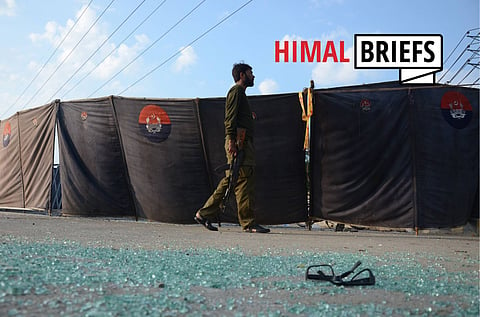Talking to Tehreek-i-Taliban
After fighting for over a decade, Pakistan and the banned militant organisation Tehreek-i-Taliban Pakistan (TTP) reached an agreement on 2 June to hold an "indefinite" ceasefire. The agreement has been brokered by the Afghan Taliban, with Taliban interim Deputy Information Minister Zabihullah Mujahid saying that there are "bright chances" for these talks to ultimately succeed in ways that would end the war and integrate the TTP with Pakistan. Many similar agreements were penned with different militant factions in the past – including in 2004, 2006 and 2008, with peace talks being held in 2011, 2013 and 2014 – but none led to an end to the war.
The TTP calls for the reversal of the Federally Administered Tribal Areas (FATA) merger with the Khyber Pakhtunkhwa (KPK) province. They are also adamant in their demands to retain arms and amnesty for their fighters. The talks have failed so far despite multiple efforts to come to a resolution, including most recently when Pakistan sent a delegation of leading Islamic clerics to try to convince the TTP leadership to change its stance. Perhaps the first question to ask about the ongoing talks, given the current state of impasse, is 'why now?'

